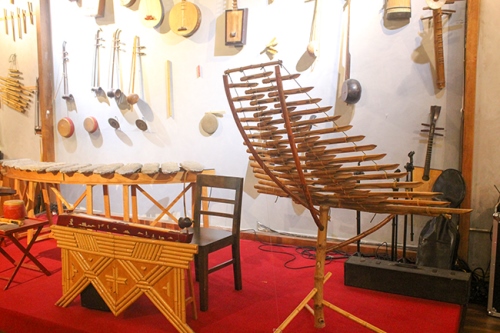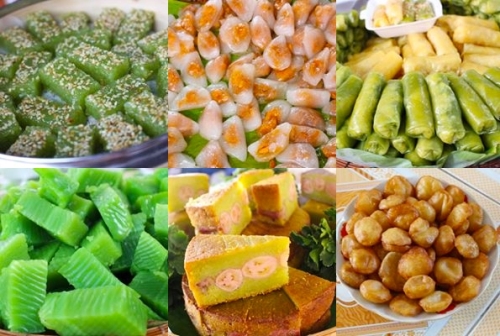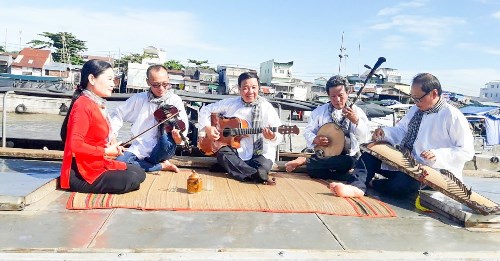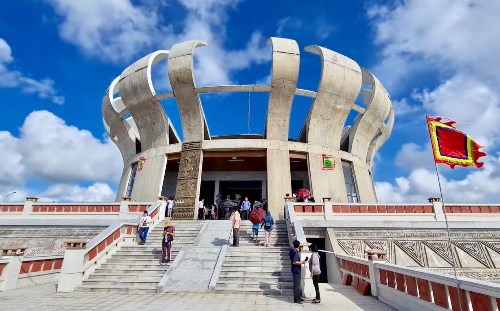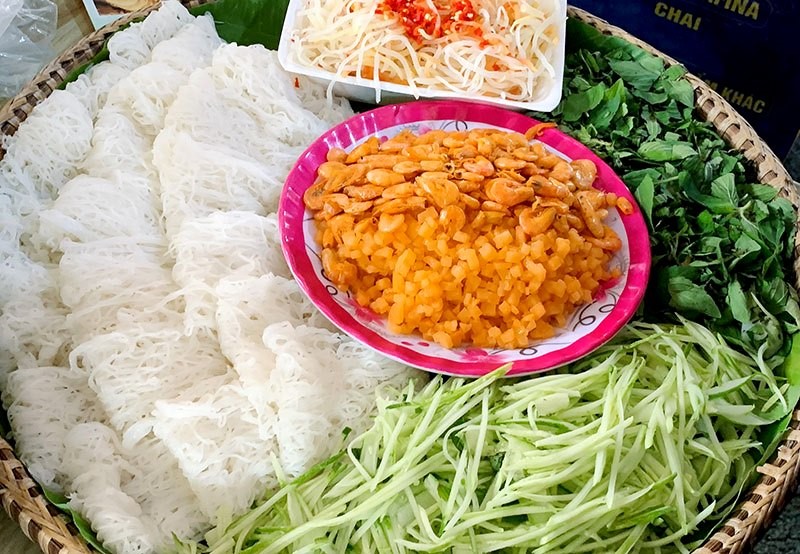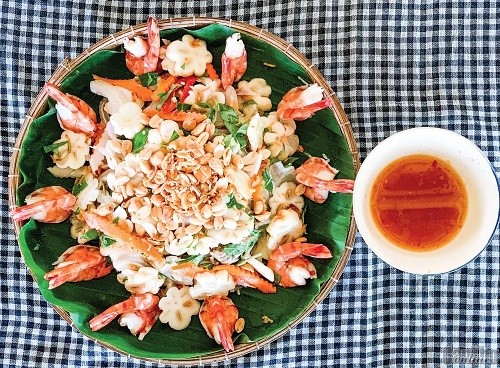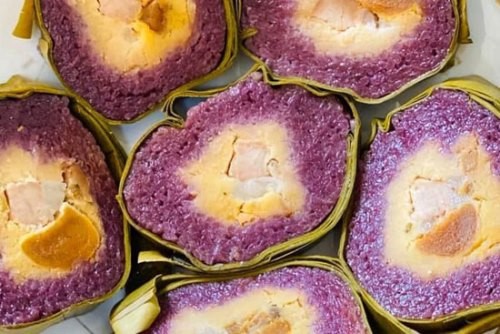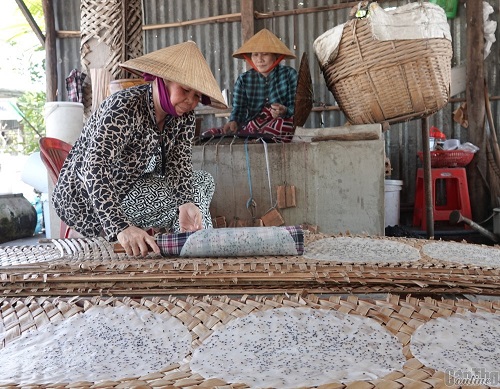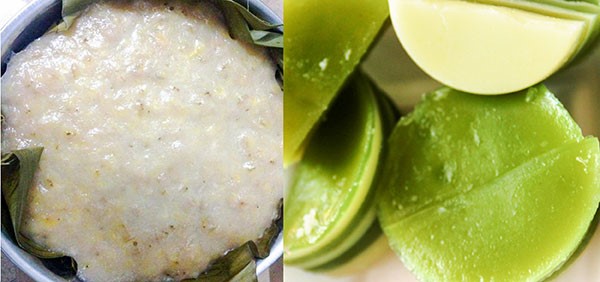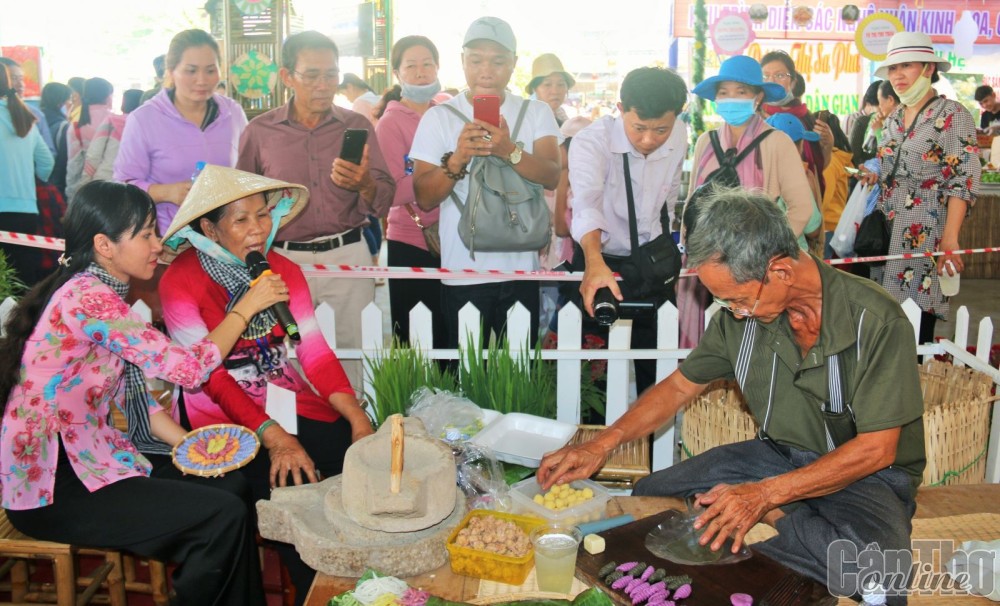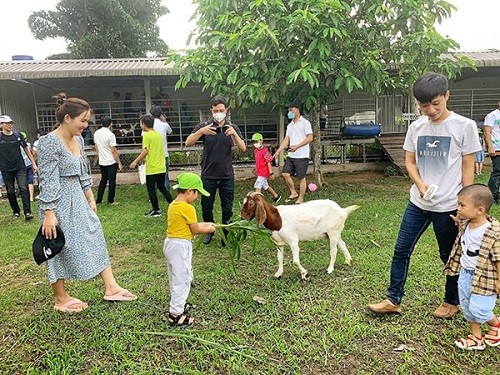
Product and human resources
The index of tourist stay in the Mekong Delta is still very low, with an average of 1.95 days for international visitors and 1.7 days for domestic tourists. The reason is that the destinations in the Mekong Delta are still monotonous. The experiences are few and overlapping. Mr. Nguyen Hong Hieu, Director of Hieutour Co., Ltd, said: “Tourism products of the region are overlapping and limited. Also, they have not been invested to make a big impact”. In recent years, many tourist attractions in the Mekong Delta have formed, but very few are considered unique. Instead, “fad” tourist attractions are thriving. Specifically, in Can Tho, there is a “flying snakehead fish” model, and Dong Thap also has it. Ben Tre has a model of countryside games, Vinh Long, Can Tho, and Ca Mau also copy that. This makes tourists get bored easily since they already know everything just from traveling to one place. Vice Chairman of Bac Lieu Provincial People's Committee Cao Xuan Thu Van, said: “I am sad about this situation. It is clear that each province and city in the Mekong Delta has its own strengths and can exploit specific and unique products. It is important that we have the right direction. In Bac Lieu, we are working hard to build tourism products associated with shrimp, salt fields, and the local ecosystem.”
The overlap in tourism products of the Mekong Delta is a long-standing problem and very difficult to solve. There are many reasons for this. Firstly, the tourism development planning and orientation of some localities are still not specific and suitable for the actual development of each province and city. Next is the spontaneous tourism activities of the people causing many problems affecting tourists, as well as the formation of local and regional product chains. Many tourist gardens operate because they see that the other garden can do it. This stereotypical imitation not only causes an overlap but also creates unfair competition. Therefore, it is easy to have a “chaotic price” because businessmen compete with each other for guests; thereby creating a bad image for visitors. This is also one of the reasons why visitors to the Mekong Delta come back less often. Mr. Miquel Angel P. Martorell, MQL Sustainable Tourism Services, an expert on the Vietnam Tourism Advisory Board, said: “The customer care in tourist destinations in the Mekong Delta is not good. I think that tourism personnel is a matter that must be done better.”
In the Mekong Delta, the trained human resources in the tourism sector reach about 61.5% (according to 2020 statistics). This rate still does not meet the actual demand in the locality. After the COVID-19 pandemic, the workforce in the industry has quit and changed jobs a lot.
Mr. Truong Van Vinh, Director of Ido Tourism and Events Trading Co., Ltd in Can Tho, said: “Recruiting tourism personnel is now very difficult. Many people have quit or changed jobs, while new graduates tend to choose to go to famous tourist destinations like Phu Quoc and Da Lat, so it is difficult for us to find personnel.” Tourism human resources in the Mekong Delta has always been a top concern over the years, but so far it has not been guaranteed in terms of quality and quantity. The common problem in the Mekong Delta is that the employees will go to other tourist centers outside the Mekong Delta region after a period of training, causing a serious shortage of high-quality human resources.
Endeavor to find solutions
According to the Mekong Delta Tourism Association, there are three typical types of tourism that are most attractive to tourists in this area, namely green tourism (you will visit famous rivers and fruit gardens); agricultural tourism (a combination of field research - convalescence and discovering local culture, festivals - traditional craft villages); and high-quality sea - island tourism. Currently, regional tourism is divided into 6 ecological sub-regions and 2 western and eastern tourist clusters. In which, the western cluster (Can Tho, An Giang, Kien Giang, Dong Thap, Hau Giang, Soc Trang, Bac Lieu, and Ca Mau) is oriented to exploit sea - island tourism, ecological tourism, and learning about culture, historical sites, festivals. The Eastern cluster (Long An, Tien Giang, Ben Tre, Vinh Long, and Tra Vinh) focuses on discovering the life of the locals in the region of rivers and gardens, sightseeing craft villages, historical sites, and homestays. Mr. Le Thanh Phong, Vice Chairman of the Mekong Delta Tourism Association, said: “The tourism trend has now changed, tourists tend to choose green tourism, close to nature, so we also encourage localities to build tourism products in the direction of sustainability, quality investment, promoting ecological strengths, characteristics of each locality”.

Muong Thanh Hotel recruits staff at the Job Fair of Can Tho College of Tourism.
Ms. Cao Xuan Thu Van, Vice Chairman of Bac Lieu Provincial People's Committee, said that in order to well exploit the potential and specific tourism products of each locality, provinces and cities must discuss and give specific orientations. Localities should focus on new economic models in the field of tourism such as the night economy, developing a system of linked products such as eco-tourism - resort products; Agricultural and rural tourism associated with OCOP products combines with visiting craft villages, discovering cultural and historical festivals.
In the Mekong Delta, the challenge for regional tourism development is to maintain the cultural and natural heritage and minimize infrastructure limitations. Therefore, localities also make efforts to build sustainable development-oriented tourism products. The set goal is to build a regional tourism brand with a diversified product system, associated with environmentally sustainable development. Accordingly, regional tourism must be based on the characteristics of rivers in the Mekong Delta, discovering the land with cultural and historical stories of the southern land. On this basis, plans should be made for central destinations. For example, Phu Quoc (Kien Giang) will focus on tourism development in the entertainment segment, while Ninh Kieu Wharf (Can Tho) is capable of supporting activities based on the Mekong River, and developing a cruise system on the river. (This type of tourism is forecasted to be very attractive in the Mekong Delta). Besides, tourism products in Ca Mau Cape (Nam Can - Ca Mau National Tourist Area) and the eco-tourism system in U Minh Ha National Park (Kien Giang) are also locations that need investment to build a typical green product chain in the region. The agricultural strength of the Mekong Delta should be associated with tourism towards building a unique product chain for the region. Currently, the Mekong Delta is having many developed agricultural tourism models, such as visiting organic farms, experiencing mangrove forests, Melaleuca forests, etc.
Currently, businesses cooperate with tourism training schools to ensure the quality and quantity of human resources. Ms. Nguyen Thi Ngoc Suong, Project Manager at Bao Gia Farm Camping (Hau Giang), said: “Finding current staff is less difficult because we cooperated with local schools to find interns. Thereby, we help students accumulate real-life work experience. Moreover, it is easy for us to recruit suitable personnel”. Sharing the same opinion, Ms. Nguyen Thi Khanh Linh, Deputy Director in charge of accommodation at Muong Thanh Hotel (Can Tho), said: “Our hotel always creates the best conditions for students to practice and also recruit staff from this source. We also actively go to the schools’ job fairs to recruit staff”.
Tourism in the Mekong Delta still has many limitations, especially in terms of tourism products and human resources. These are also two key issues that need to be taken care of and resolved to gradually renew the appearance and promote the development of regional tourism.
Source: Can Tho News – Translated by Hoang Dat





